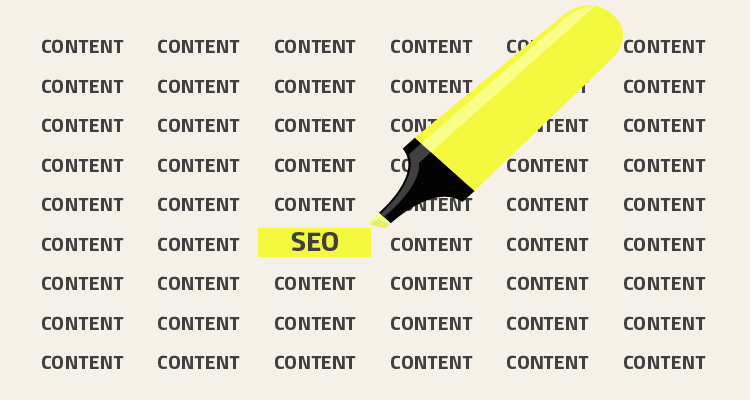
Does Social Marketing Really Impact Search Rankings?
By Imagewërks -
With search engine algorithms evolving faster than marketing can keep up, a lot of social marketing teams are getting hit with a familiar question: does social media actually improve our search rankings?
The answer to that question is a frustrating: “Yes and no.”
If you ask the folks at Google, they will swear that—in their search engine at least—social signals are not a rank factor. Since it would take psychic powers—or a Google engineer’s employee badge—to get a peek at Google’s algorithm, we have to take their word for that one.
But even if social shares don’t cause search rankings to go up directly, there most definitely is a correlation—and a pretty powerful one at that.
Whether highly shared content creates an algorithmic impact on ranking or not, it certainly drives new searches into the subjects and brands associated with it. This can then link to more relevant social content, which leads to more searches, additional brand awareness and so on. Think of it as a perfect feedback look that spirals toward eventual conversion.
So how can you most effectively leverage this symbiotic relationship to boost your online presence? Here are three tips to get you started:
Enhance Brand Credibility
If a Google search of your brand leaves a lot to the imagination, it’s probably because Google didn’t get the memo that your brand exists in the first place. Nine times out of ten, this can be credited to a brand’s lack of legitimacy.
Legitimizing your brand means your online marketing is alive and kicking. You’re maintaining a few active social profiles, maximizing your website’s search optimization, and claiming online business listings.
Applying an SEO mindset toward your branded assets is not only low-hanging fruit in digital marketing strategy, it helps searchers and search engines understand that you’re a viable brand.
Prove your value by connecting a content marketing strategy to your social and search efforts. Search engines consider links published on social accounts to be a source of credible back-links, impacting page rank and domain authority. They reward sites with fresh content to index, and social platforms like Facebook reward brands that regularly publish relevant and engaging content. Coincidence?
If you don’t already keep a running stream of new content, now is the time to launch that blog.
Use Social to Drive Search
Social media plays an important role in your branded SEO. Try Googling any leading brand out there, and you’ll find that their social profiles are among the top results in search listings.
Since social channels convey more brand personality than any webpage, prospects or customers are just as—or more—likely to click on them. Without keeping your profiles up-to-date and engaging, you’re missing some major SEO opportunities. After all, studies have proven that the top three Google SERPs (Search Engine Result Pages) account for nearly half of all click-through traffic, proving it is anything but lonely at the top.
Think Beyond Google
Sure, we always have Google in our virtual (and literal) back-pockets, but social media is transforming the way we discover information on the web. YouTube processes more than 3 billion searches a month, Facebook fields 2 billion searches per day, and Twitter sees just over 2.1 billion daily searches.
Think about the last time you sought information on a restaurant or hotel you were interested in; your search probably did not start and end with Google. Chances are, you also took to Facebook, Yelp, and TripAdvisor for more information and peer-to-peer reviews.
At its core, the driving strategy behind social and search is about creating an identity, building relationships, and sharing relevant and interesting content. So long as you believe in the virtues of social media and creatively account for the ways in which people can find your content on the web, you’ll be in good standing with the internet giants.
Our digital strategy starts with targeted SEO research and elegant, functional web design—and follows through with data-driven email marketing, digital ads, social media and more. Let's get digital.